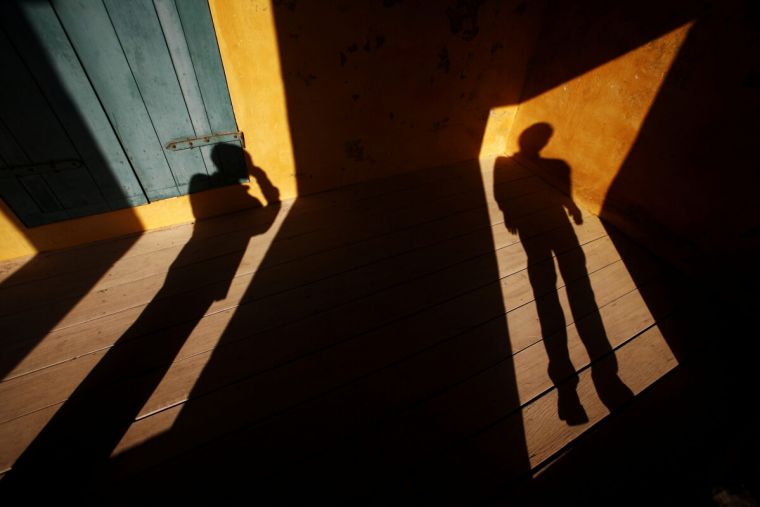Ties to slavery are a 'source of shame', says Church of England

The Church of England has apologised for the role of clergy in the transatlantic slave trade.
It follows scrutiny into the ties some clergy had with slavery by University College London (UCL), which runs the Legacies of British Slave-ownership research initiative.
An analysis of its database, published in The Telegraph, revealed that nearly 100 Church of England clergymen, including a bishop, benefited from slavery.
The database holds details of some 47,000 people in the UK who received compensation from the government of the day after the passing of the 1833 Abolition of Slavery Act.
The total compensation available to slaveholders was worth £20 million at the time – equivalent to £2.4 billion today. Those who were enslaved received nothing.
Analysis by researchers showed that 96 of the claimants were Church of England clergy and that the construction of 32 churches was linked to these claimants.
Responding to the findings, a spokesperson for the Church of England condemned slavery and said it was working to eradicate all its modern-day manifestations:
"Slavery and exploitation have no place in society," the spokesperson said.
"While we recognise the leading role clergy and active members of the Church of England played in securing the abolition of slavery, it is a source of shame that others within the Church actively perpetrated slavery and profited from it.
"In 2006 the General Synod of the Church of England issued an apology, acknowledging the part the Church itself played in historic cases of slavery.
"We reiterate our commitments to support every effort by the Church and other agencies to oppose human trafficking and all other manifestations of slavery across the world.
"The Church of England is actively committed to combatting slavery in all its forms today, particularly through the work of the Clewer Initiative which works with our 42 dioceses to help support victims of modern slavery and identify the signs of exploitation in their communities."
The Church of England's Director of Cathedrals and Church Buildings, Becky Clark, said that the Church was prepared to review whether some monuments should be removed.
She suggested local-level dialogue would play a central role in these decisions.
"The events of the past weeks in response to the tragic death of George Floyd have brought into focus the question of monuments to individuals who have participated in systemic and targeted discrimination or exploitation based on race," she said.
"It is not possible to provide a single position which could apply to all circumstances and which would satisfy all legitimate viewpoints, however we acknowledge the real and justified anger of those who believe monuments in churches and elsewhere should be reviewed.
"We believe that dialogue within communities is the key to responding well to this and the local and national church should play a leading role by helping to facilitate the conversation. This cannot be dealt with purely as a discussion around historical monuments, and must encompass how we, as a broad and diverse society, value and represent people of all ethnicities and backgrounds.
"We acknowledge that dialogue alone is not sufficient, and must have real outcomes. These may include the alteration or removal of monuments. However this must be done safely and legally, and we do not condone illegal acts.
"Dialogue has to be open and honest. Churches and cathedrals are considering how they can address the issues raised by the Black Lives Matter movement and which demonstrations and direct action have brought into such sharp relief."
The analysis also disclosed the Bank of England's ties to slavery, with six governors and four directors being named as claimants or beneficiaries in the database.
The Bank of England has subsequently apologised.
Layla Moran, the Liberal Democrat leadership challenger, told The Telegraph: "The Church of England and Bank of England, like many British institutions, must use the controversy over Black Lives Matter to confront past links to slavery and make amends."











